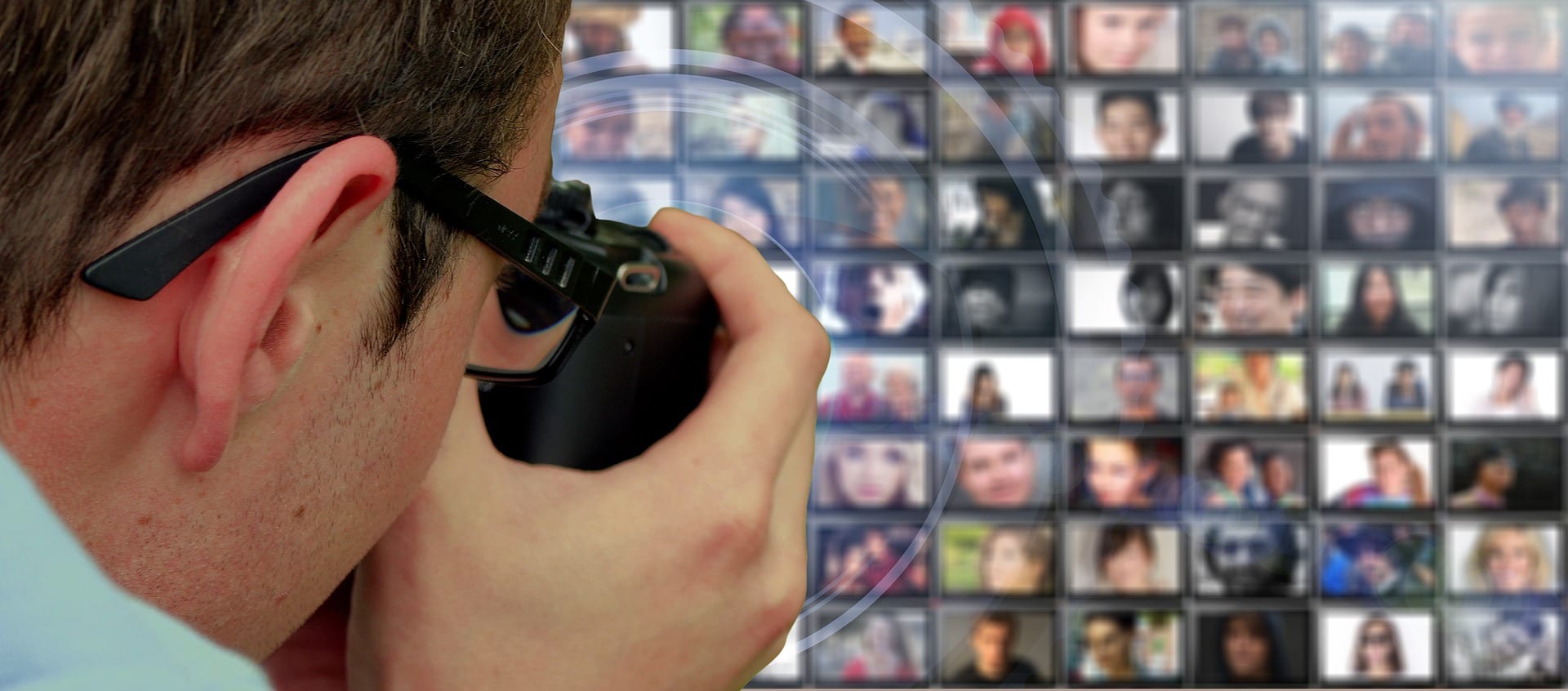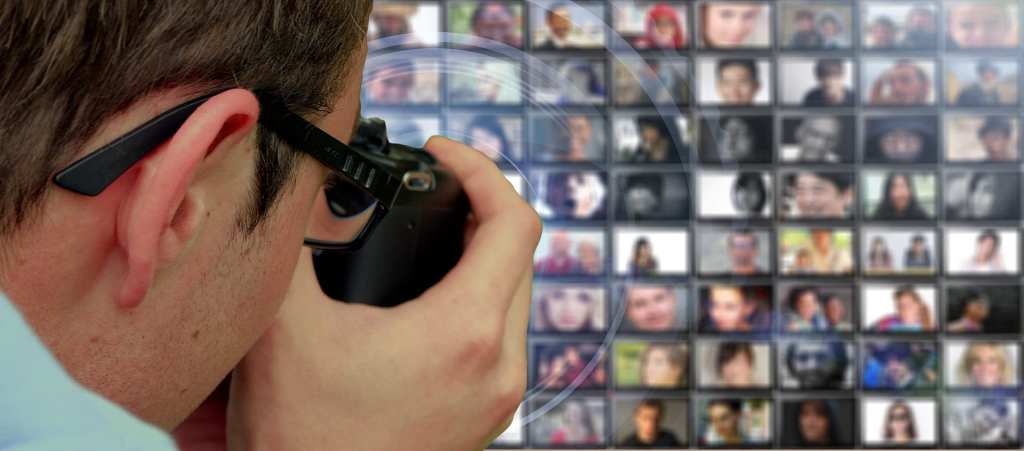The very few people with highly superior autobiographical memory (HSAM) can tell you exactly what happened on any given day, down to the way they felt and at what time. It’s both a superpower and a curse, depending on the circumstances. And to this day, scientists have no idea what contributors make a person have HSAM.
Though they do have some theories.
In 2006, a case study of Jill Price, referred to by the pseudonym AJ in the study, was published in Neurocase. It described in detail her unusual memory. Price later outed herself as AJ publicly.
In an email, Price explained her ability:
I can take a date, between 1974 and today, and tell you what day it falls on, what I was doing that day and if anything of great importance (i.e.: The Challenger Explosion, Tuesday, January 28, 1986) occurred on that day I can describe that to you as well …Whenever I see a date flash on the television (or anywhere else for that matter) I automatically go back to that day and remember where I was, what I was doing, what day it fell on and on and on and on and on. It is non-stop, uncontrollable and totally exhausting.
And she wasn’t alone. A number of people came forward after the report, saying they had the same ability. Some were tested and found to have HSAM, same as Price.

Photo Credit: Flickr
Currently, only about 60 people worldwide are believed to have HSAM. Scientists are working with them to see if they can learn more about the average person’s memory, as well as how, and why, their super memories operate the way they do.
Something researchers have uncovered is that people with HSAM tend toward obsessiveness with cleaning, collecting and organizing, so there is thinking that perhaps collecting and organizing memories is part of HSAM.

Photo Credit: Pixabay
Also, structural differences in the areas of the brain associated with autobiographical memory creation show up on scans. When asked about particular dates from the past, regular people lose their ability to recall them after about a week. People with HSAM recall details up to a decade and longer.
Something else researchers found was that people with HSAM can recall false memories just as often as regular people. So, their superhuman memories are far from perfect.

Photo Credit: Pexels
So, what does this all mean? Maybe the answer lies in the mysterious part of the brain where we turn short-term memories into long-term memory.
It would be interesting to figure out, although where this could have practical applications for those of us with normal to poor memories remains to be seen.
I kind of like living my life able to forget – at least I don’t remember all my regrets…






